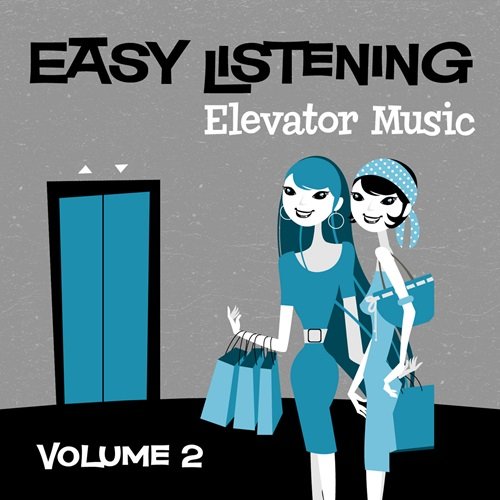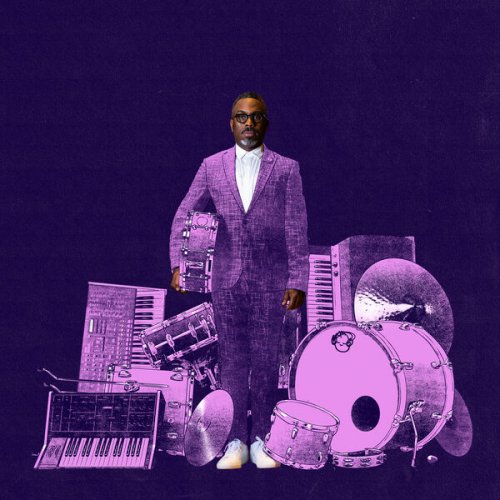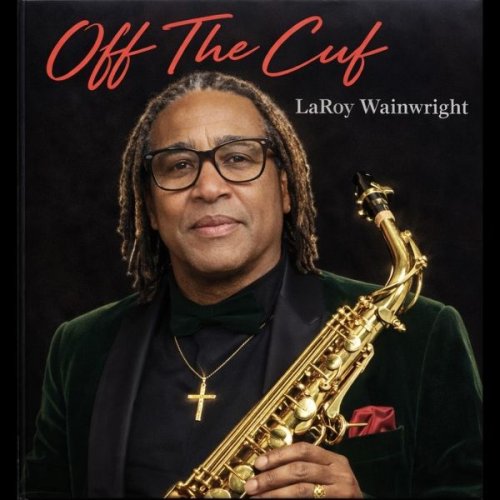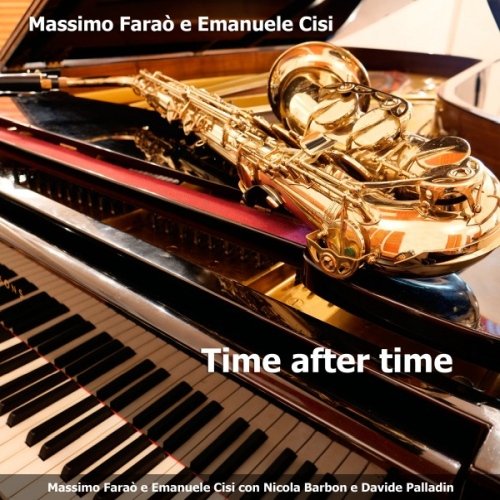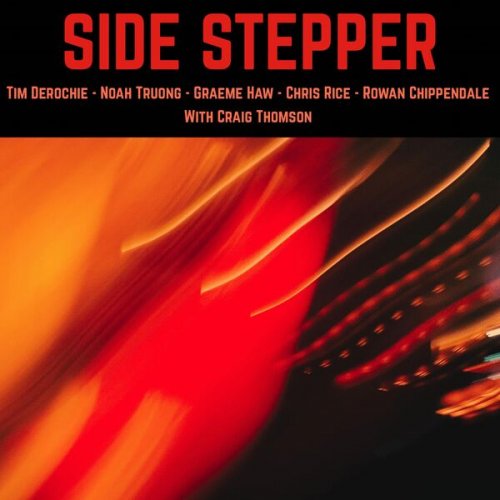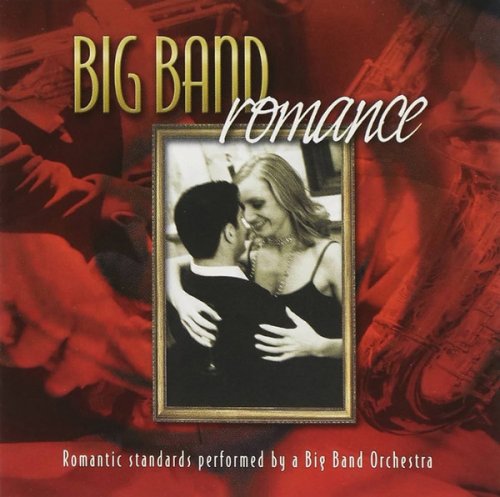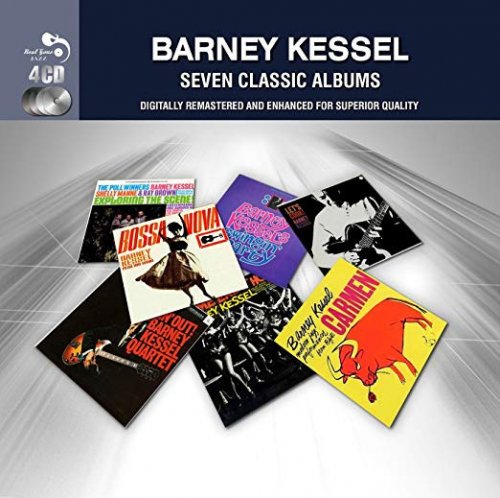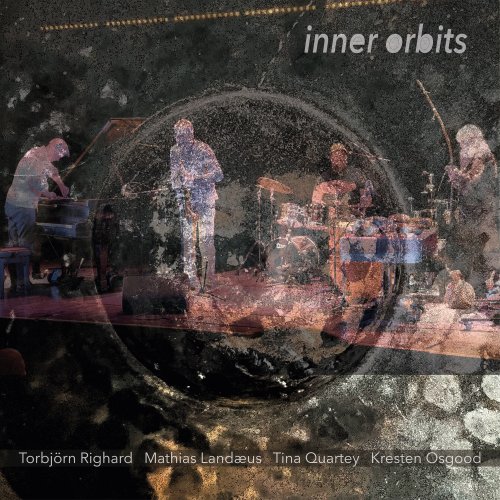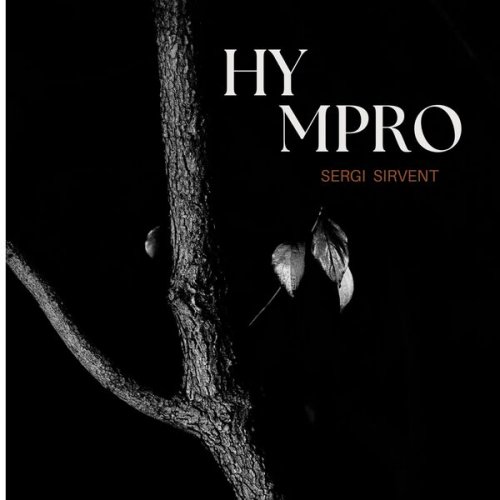Karita Mattila, Yutaka Sado & London Philharmonic Orchestra - Karita Mattila Sings Arias & Scenes (2001/2020)
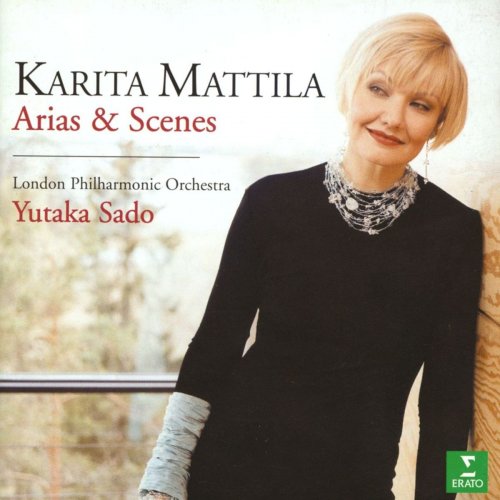
Artist: Karita Mattila, Yutaka Sado & London Philharmonic Orchestra
Title: Karita Mattila Sings Arias & Scenes
Year Of Release: 2001/2020
Label: Warner Classics
Genre: Classical
Quality: FLAC (tracks)
Total Time: 55:34 min
Total Size: 222 MB
WebSite: Album Preview
Tracklist:Title: Karita Mattila Sings Arias & Scenes
Year Of Release: 2001/2020
Label: Warner Classics
Genre: Classical
Quality: FLAC (tracks)
Total Time: 55:34 min
Total Size: 222 MB
WebSite: Album Preview
01. Tchaikovsky : The Queen of Spades : Act 3 "Midnight will soon strike" [Lisa]
02. Puccini : Manon Lescaut : Act 1 "In quelle trine morbide" [Manon]
03. Wagner : Lohengrin : Act 1 "Einsam in trüben Tagen" [Elsa]
04. Wagner : Lohengrin : Act 2 "Euch Lüften, die mein Klagen" [Elsa]
05. Tchaikovsky : The Queen of Spades : Act 1 "Why am I crying?" [Lisa]
06. Verdi : Simon Boccanegra : Act 1 "Come in quest'ora bruna" [Amelia]
07. Janácek : Jenufa : Act 2 "My head aches so badly" [Monologue and prayer - Jenufa]
08. Wagner : Die Walküre : Act 1 "Der Männer Sippe" [Sieglinde]
09. Wagner : Die Walküre : Act 1 "Du bist der Lenz" [Sieglinde]
10. Strauss : Elektra : "Ich kann nicht sitzen und ins Dunkel starren" [Chrysothemis]
11. Lehár: Die lustige Witwe, Act 2: Vilja-Lied (Hanna)
This is a wonderful record. Karita Mattila's voice is ravishingly beautiful: velvety, caressing, intense, focused, gloriously radiant in the high register, full and warm in the low one, even in quality and purity throughout a span of more than two octaves. She can color and inflect it at will. Her intonation, breath control, and phrasing are impeccable.
Here, impersonating heroines from a heady mix of Russian, Czech, German, and Italian operas, Mattila displays an extraordinary vocal, stylistic, and emotional range--whether it's the wild despair of Janacek's Jenufa and Tchaikovsky's Lisa; the ecstasy of Wagner's Elsa and Sieglinde; the wistful nostalgia of Puccini's Manon and Verdi's Amelia (from Simon Boccanegra); the agonized outcry of Strauss's Chrysotemis; or the simplicity, humor, and charm of Lehar's Hanna, the famous Merry Widow. The program has the usual problems besetting excerpts from operas. The endings always seem arbitrarily cut off, and one of Sieglinde's arias begins in the middle. However, Mattila succeeds not only in setting mood and atmosphere, but also in creating real characters by purely musical and expressive means. The orchestra is excellent, balance and sound are first-rate, and Duncan Riddell plays the difficult violin solo in Jenufa's aria splendidly. --Edith Eisler
Here, impersonating heroines from a heady mix of Russian, Czech, German, and Italian operas, Mattila displays an extraordinary vocal, stylistic, and emotional range--whether it's the wild despair of Janacek's Jenufa and Tchaikovsky's Lisa; the ecstasy of Wagner's Elsa and Sieglinde; the wistful nostalgia of Puccini's Manon and Verdi's Amelia (from Simon Boccanegra); the agonized outcry of Strauss's Chrysotemis; or the simplicity, humor, and charm of Lehar's Hanna, the famous Merry Widow. The program has the usual problems besetting excerpts from operas. The endings always seem arbitrarily cut off, and one of Sieglinde's arias begins in the middle. However, Mattila succeeds not only in setting mood and atmosphere, but also in creating real characters by purely musical and expressive means. The orchestra is excellent, balance and sound are first-rate, and Duncan Riddell plays the difficult violin solo in Jenufa's aria splendidly. --Edith Eisler
